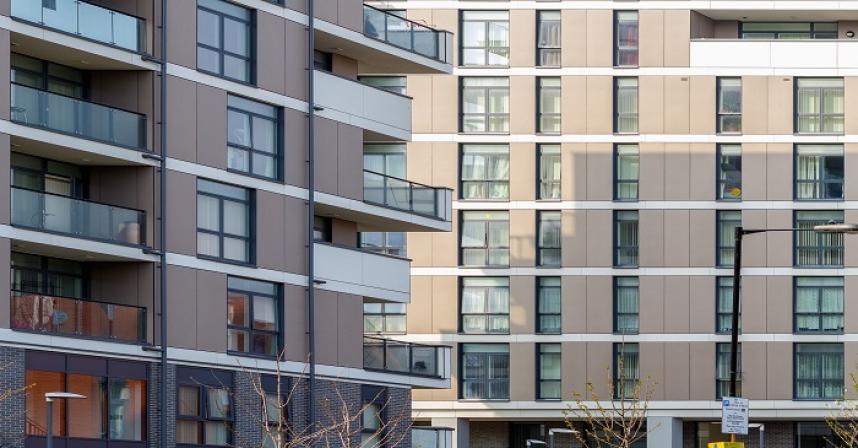How To Resolve the Housing Shortage?
24 Oct 2018
Housing Shortage
The government is introducing several steps to resolve the housing shortage, subsequently preparing to improve railway stations and public transportation system, taking the help of West Midlands and Birmingham city councils to promote developments across regions in trade, education, and tourism.
The government has announced the funding of £165 million to unlock the 5,100 homes in Birmingham and support the wider regeneration of infrastructure projects.
The government expects to deliver 300,000 homes a year by the mid of 2020 as per the housing planning reforms. In addition, the government introduced the equity-rich homeowner buying scheme to help people to get on to the property ladder.
Sales tax on second homes has been increased, and tax relief has been offered for mortgage interest on rental properties. In addition, there are plans to increase the tax on foreign ownership in the UK, which will hit residential transactions in the capital.
Brexit Impact Overstated
Brexit is no more a restriction for property buyers, but the lack of clarity related to property transactions from the government has been holding back many property deals. Buyers are looking toward the upcoming budget, where they expect relief and a helping hand from the government for first-time buyers.
Some buyers say the Brexit impact is overstated, and once the deal or no deal situation is realised in the coming year, the property prices may increase. There has been a shift in domestic buyers where the inquiries from outside are growing, and the buyers believe as the increase in stamp duty comes into effect, many wealthy buyers may not invest in the UK.
Buyers believe the Brexit resolution will remove some difficulties from the property market. Still, increasing stamp duties for buy-to-let and higher stamp duties for foreign buyers may hurt the property markets.
Basic Amenities Attracts Home Movers
There has been a significant change in how respondents want to move to homes in the future. Most workers find connectivity is the key reason for moving houses, including connectivity to the community through the transportation system, mobiles, and laptops. Accessibility to better internet services has made people move to bigger cities.
Broadband is the important reason, up 57 per cent from 48 per cent as per the five-year - Housing Futures report published by Strutt & Parker on most home movers.
Overall, renting has grown from 10 to 13 per cent since 2013. Bigger cities are growing, becoming the favoured destinations for renting; as a result, the population grew from 9 to 15 per cent, and people anticipating living in a single-person household increased from 8 per cent to 11 per cent. In addition, people wishing to move to support their relatives grew from 15 to 22 per cent, which is one of the top reasons for moving into a region.
These regions, such as the northern powerhouse, provide upgraded basic amenities, digital connectivity transportation, and shops, attracting new buyers.
The public transportation system is preferred by most respondents who want to stay close to their families, as most workers like to walk to their workplace. The number of detached homes decreased in popularity in the last five years from 83 per cent to 49 per cent, while semi-detached and three-bedroom homes are the most popular property type among the respondents.
To know more about UK properties, click Hamilton International Estates (www.hamiltoninternationalestates.com)
Categorised in: All News












